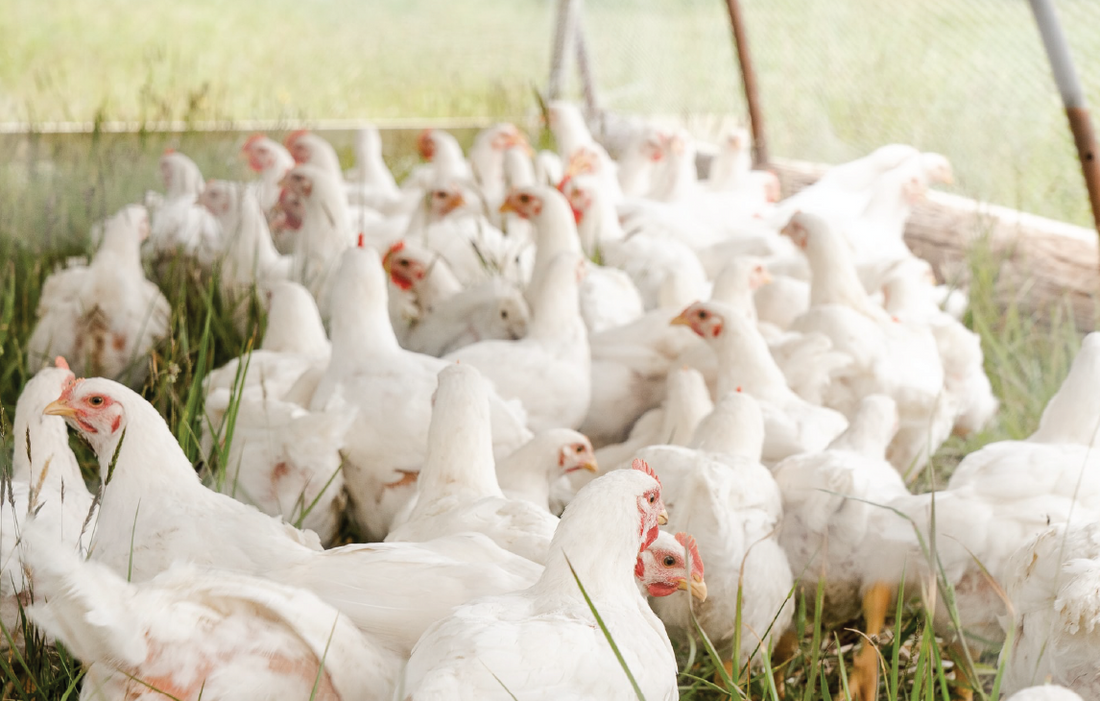
Mycoplasma Synoviae.
Share
Let's talk about this wee "bug". If you happen to share your life with birds, you will probably be exposed to this pathogen at some point. It is distributed worldwide and is seen primarily in chickens and turkeys but ducks, geese, guinea fowl, parrots, pheasants and quail are also prone to infections.
Mycoplasma are a version of bacteria, but they do not have a cell wall. So basically they are microscopic blobs. They are easy to kill in the environment but they are also very good at hiding once they get into the body of their preferred hosts. If a bird is infected they can pass it through the egg but mainly transmission is via the respiratory tract.
So as a bird owner you should be on the lookout for these typical type of clinical signs:
1) Respiratory signs- "rales" otherwise known as raspy breathing. Some have a "runny nose" or excessive mucus production.
2) Bluish/pale head parts due to illness and poor oxygenation.
3) Lameness with a tendency to sit. Often joints are swollen and filled with fluid. Tendency to develop sternal bursitis (breast blister).
4) "glass top" eggs. The shell on eggs produced are very fragile on the pointy end.

Diagnosis using clinical signs is quite common. Serum antigen testing is also very easy and common in NZ, but results only really show if the bird has been exposed and not the extent of any infection. There are a few other differentials to consider, such as reovirus or even staphylococcal synovitis. So it is important to work any suspected cases through with a veterinarian.
Treatment is pretty easy. Antibiotics are effective against this pathogen but treatment with antibiotics doesn't eliminate the infection, just sorts the clinical signs. This means that if your birds are infected they may shed mycoplasma for life. This is important for when you introduce new chicks to your flock or older more infected birds into your flock as well. Quarantine and treatment or even quick recognition of clinical signs and treatment will help reduce the effects on your birds and keep them healthy.
Written by Dr. Sam Hurley BSc, BVSc, MAHM

